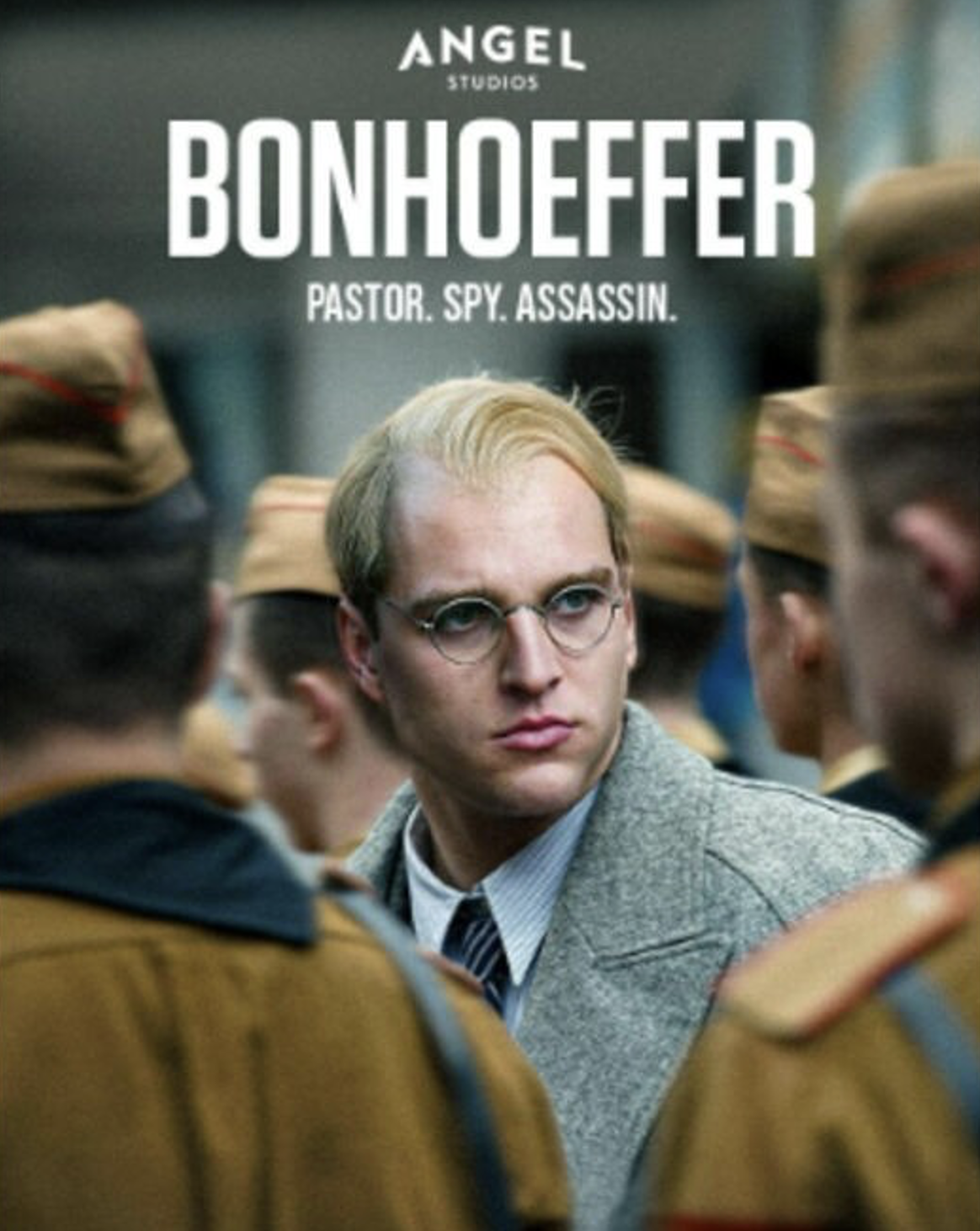To Spread Christmas
In the backdrop to the first Christmas is violence and poverty. A familiar backdrop for so many in history, and still today.

In the backdrop to the first Christmas is violence and poverty. A familiar backdrop for so many in history, and still today.
There is a warring madness that destroys and corrupts. Leaving despair and grief. Displacing thousands and millions. Making orphans, widows, and widowers.
It corrupts us too. We think violence, here or anywhere, is a problem too overwhelming and costly to rectify. Peace on earth seems like a forlorn hope.
And there is a persistent poverty that cripples the aspirations and lives of 700 million people today. Which is an extraordinary number. As is 202,000 – the number of New Zealand children who live in struggling low-income households.
Again there is a seductive lie, widely spread, that this problem is too overwhelming and costly to rectify. Wellbeing for all seems like a forlorn hope.
In the forefront at Christmas is a baby, his mother, and her partner. With an absence of wider family and friends, and a presence of the unexpected and unusual.
But it’s not really about a baby. It’s about the adult the baby became. And it’s not really about that adult he became either, but the message in his name.
A message that violence kills not only the body but the soul, including the soul of the perpetrators. God doesn’t start or condone violence, and neither should we.
A message that a person’s poverty is not a result of their background, wrongdoings,or perceived wrongdoings. God doesn’t make a person poor, and neither should we.
Violence and poverty are failures of community. Failures to look out for and after each other. Failures to devise more equitable systems of organization, production, and distribution. We need communities that build wellbeing, togetherness, and hope.
Violence and poverty are failures to devise processes of learning about and valuing one another. To see difference – whether race, class, gender, or ideas - not as a threat but as a blessing. To encourage in one another in generosity and openness, and discourage one another in greed and self-centredness.
Violence and poverty are failures to know each other as siblings, or friends, in need of each other, and integral to each other’s wellbeing.
All of which – violence, poverty, and failure - are hard to talk about in this Christmas season of the year when, whether we have money, homes, and families or not, we want to experience and share joy.
So how do we do it? How do we affirm the peace-makers, poverty-dismantlers, and community-builders, and do some ourselves? How do we spread this meaning of Christmas?
By starting little and local:
Like send a hand-written letter to someone you appreciate telling them they’re appreciated. Maybe send to more than one someone. Goodness needs all the help it can get.
Like bring your neighbour’s rubbish bin in. Then, if they are home, smile and wave. Or make them a tasty goody and leave it in their letterbox or porch, with your name on it. Sadly, neighbours nowadays seldom know each other’s names.
Like be extra nice to the person behind the shop counter. Chances are they are working long hours. Chances are too that they’ve recently been the recipient of grumpiness. That’s the thing about Christmas, some people drop their anger in large dollops on people who have little choice but to stand there and endure it.
Like Christmas Carols were written long ago for people who believed in singing. Together on a street corner or church or home. Singing together to make the heart glad. Singing together to make more togetherness. We are sorely in need of more of both.
Like read a story out loud. One with a good moral. You might not have children in the house but read aloud anyway. Good stories are to be heard. The wonderful thing is the more we talk about goodness, the more we practice it, the more it catches on.
Whatever we do to spread Christmas the forefront needs to be little and local, and not be overwhelmed by the backdrop. Together we can build wellbeing, nonviolence, and community.
The first Christmas was little and local, and from there hope was realized.





